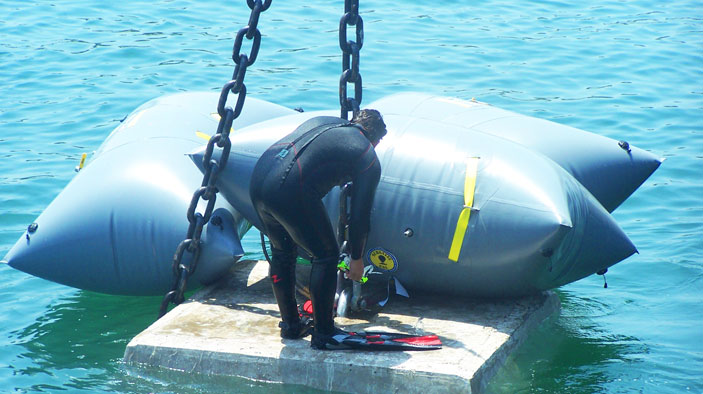El Salvador—Improved Management and Conservation of Critical Watersheds (IMCCW)
Client: U.S. Agency for International Development
Duration: 2006-2010
Region: Latin America and the Caribbean
Country: El Salvador
Solutions: Environment
Many inhabitants of the ecological corridors and watersheds of western El Salvador employ farming and other practices that contribute to environmental degradation—trends that threaten the sustainability of critical ecosystems, degrade water supplies and quality, and bind farmers to environmentally destructive subsistence farming. At the same time, growing markets for certified specialty coffees, high-quality fruits and vegetables, and ecotourism offer opportunities to generate income and improve environmental quality.
To improve the economic situation in rural areas, the Government of El Salvador’s development strategy focused on enlisting local support for improved natural resources and generating better economic opportunities through higher-value agriculture and sustainable tourism, linked to improved management of El Salvador’s water, land, and biological resources.

Sample Activities
- Conduct studies and analyses to support the legal process of protecting critical watersheds and deepen residents’ ecological knowledge, change attitudes, and inform practices.
- Strengthen on-the-ground management and protection of existing national parks and protected areas, and establish an effective system of ecological corridors.
- Increase income from environmentally sustainable activities and services to reinforce long-term conservation within the activity area.
Select Results
- The formal declaration of El Salvador’s first marine and coastal protected area, Los Cobanos, on the western coast, took place in November 2007. This area represents 20,732 hectares of ocean and 580 terrestrial hectares (mostly high-priority mangroves).
- Provided training in natural resource management and biodiversity conservation to 768 residents in the targeted watershed areas.
- Assisted 50 new farms in the targeted watersheds to achieve specialty coffee certification under Rainforest Alliance norms.
- Signed up 365 new smaller-scale producers to implement conservation measures and clean technology while expanding production, mostly for the domestic market.
- Promoted tourism in the project area by assisting two town festivals.
RELATED CONTENT:
Liberia—Long-Term Technical Assistance for the Implementation of the Voluntary Partnership Agreement (FLEGT-VPA)
This project increases the value of traded timber products, strengthen forest law enforcement and governance, and share forest benefits more equitably through implementation of the Forest Law Enforcement, Governance, and Trade Voluntary Partnership Agreement between Liberia and the European Union.
Read More